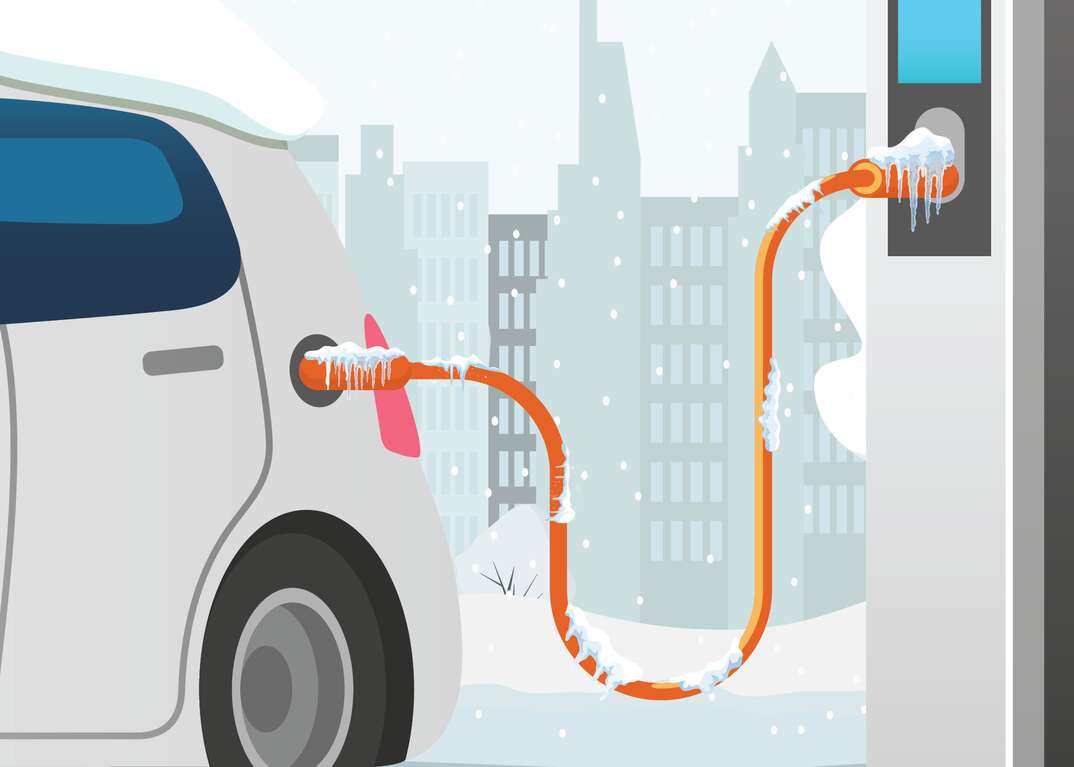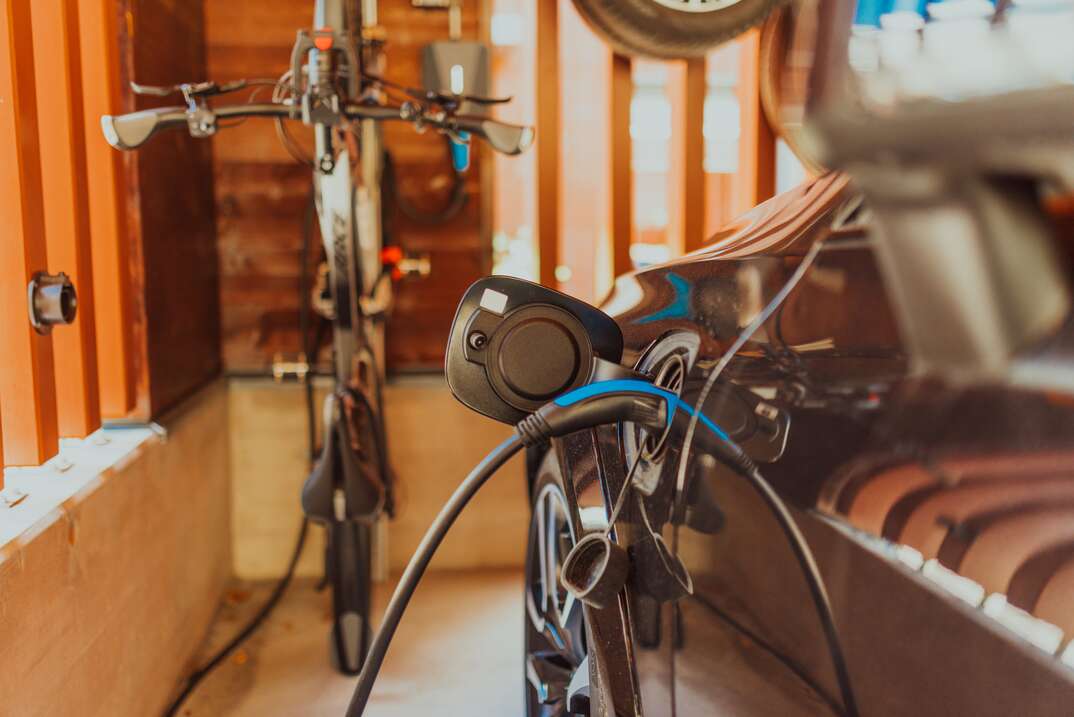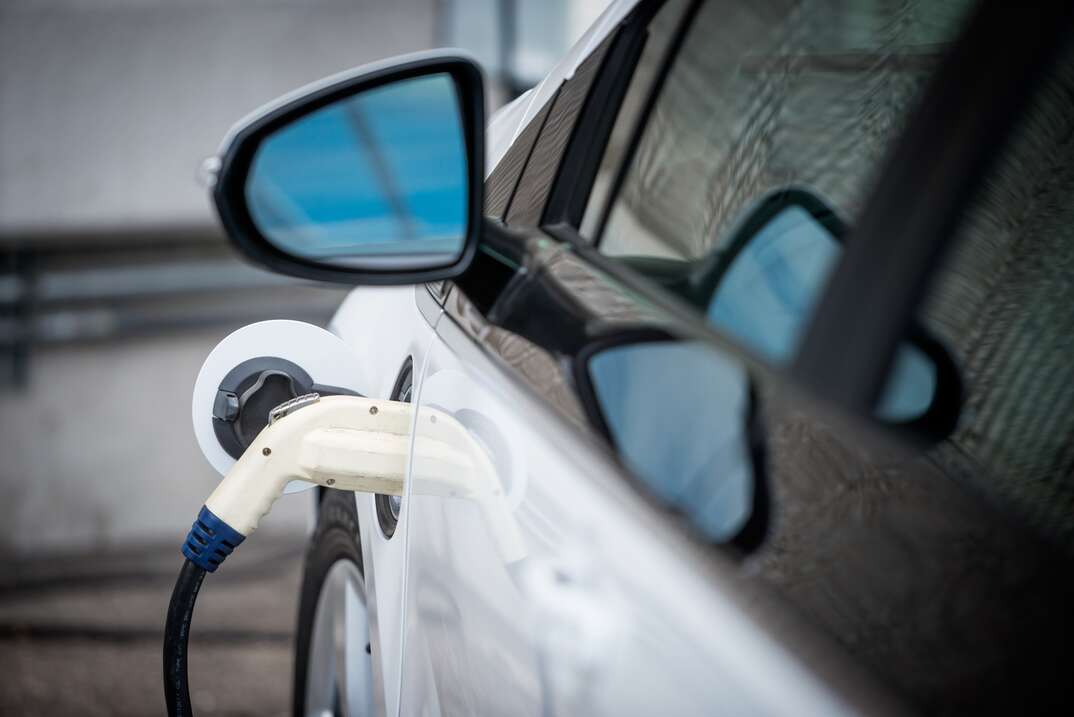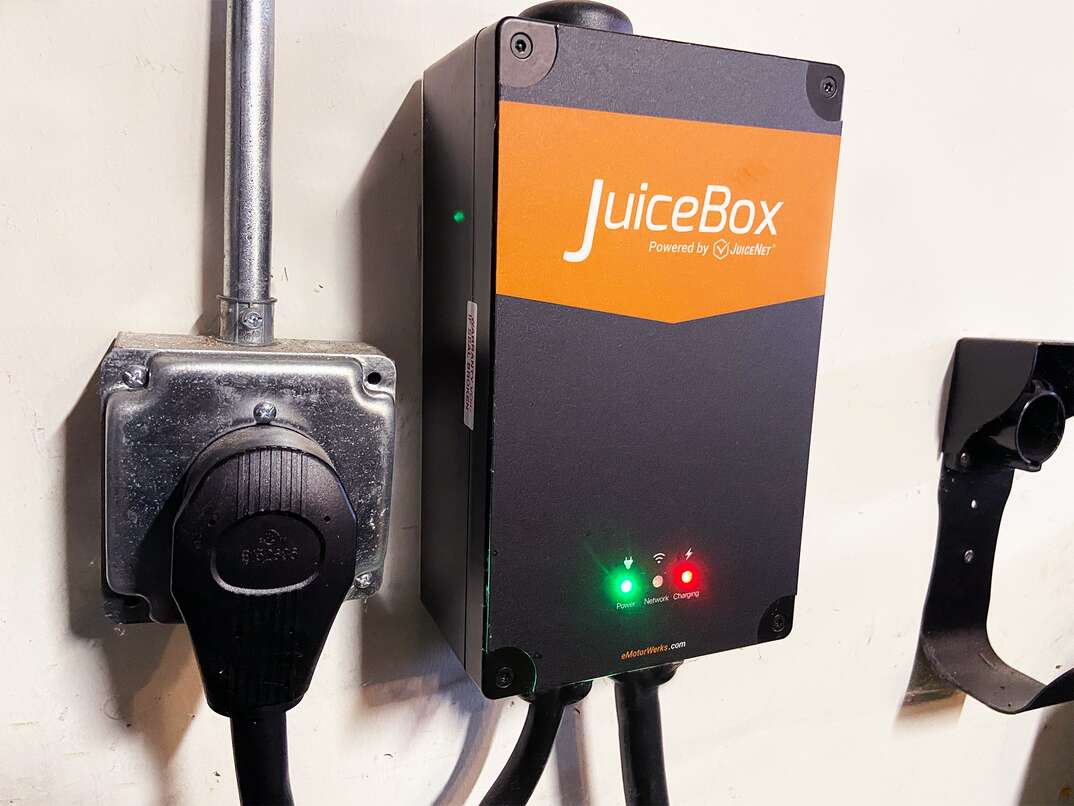Cold-Weather Electric Car Charging Tips

Electric vehicles are significantly cheaper to run than regular gasoline-powered cars, but the weather can impact your fuel costs. According to AAA, most EV owners pay around $25 (CAD 34) more per 1,000 miles when the temperature drops to 20 degrees Fahrenheit. Furthermore, changes in your vehicle's charging time and driving range can affect your confidence when the mercury plummets.
This May Also Interest You: How to Charge Your EV During Off-Peak Hours
So, how do electric cars work in winter? Here's everything you need to know before plugging in your car during winter.
What Should Owners Know About EV Charging in Cold Weather?
Cold temperatures impact the chemical processes occurring inside your battery when you charge it. Let's explore how low temperatures impact your car's charging rate and range.
Do Electric Cars Charge Slower in Cold Weather?
Your car's charging speed decreases in cold weather. A 2018 study discovered that electric vehicles charge up to 36% slower at 32 degrees Fahrenheit compared to their charging rates at 77 degrees Fahrenheit. Therefore, planning for longer charging times in cold weather is essential.
Electric Car Charging in Cold Weather: How Does Temperature Affect Range?
Plummeting temperatures don't just impact charging rates. According to the U.S. Department of Energy, cold temperatures can reduce an electric vehicle's fuel economy by around 39%. Therefore, your EV's range will likely reduce by approximately 41%.
Hybrid cars fare slightly better in cold conditions. Low temperatures reduce the economy of most models by around 30% to 40%. On the other hand, cold weather only lowers the fuel efficiency of gasoline-powered cars by around 24%.
More Related Articles:
- Electric Car Charging at Home: Everything You Need to Know
- How Will Installing an Electric Vehicle Charging Station Impact My Electric Bill?
- How to Charge Your Electric Car When the Power Goes Out
- Top 5 Home EV Chargers
- How Much Does It Cost to Install an Electric Car Charging Station?
Tips for Charging an Electric Car in Cold Weather
Knowing how to maximize your range and battery life can help you feel more confident driving your EV in extreme temperatures. Consider using the following tips for charging an EV in cold weather.
1. Park Somewhere Warm
Storing your car somewhere warm can reduce the impact of cold weather on your vehicle's range and efficiency. Parking in a garage or an enclosed parking lot shields your vehicle against low temperatures. If you don't have an indoor parking spot, covering your car with an insulated cover can protect it from the worst of the weather.
2. Use Your Cold Weather Features
Depending on your make and model, your electric car may feature a pre-warming mode to warm the battery and cabin before you start your journey. These settings use battery power, but they could extend your driving range and make your charging sessions more predictable. You could consider leaving your vehicle plugged in while using these features to preserve the battery life, but you should consult your owner's manual first.
3. Plan Your Charging Sessions
Planning when and where to charge your electric vehicle can help you avoid getting stuck on long journeys. Check your console display before setting off — some models display range changes caused by cold weather. Knowing the locations of ultra-fast public charging stations along your route lets you top up your battery quickly without major diversions.
4. Combine Journeys
The more often you drive your electric vehicle in cold weather, the more energy you'll waste. Combining errands allows you to make the most of your battery life and range.
5. Use the Seat Warmers
Generally, electric vehicle seat warmers use less energy than the cabin heating system. Therefore, you can preserve your battery life during long journeys by turning off the cabin heater and using the seat warmers instead. Alternatively, consider purchasing an electric vehicle with a heat pump for more efficient heating.
6. Preserve Your Battery While Driving
How you drive your electric vehicle can impact how long its battery lasts. Avoid sudden braking or accelerating to reduce how much energy your car uses during journeys.


